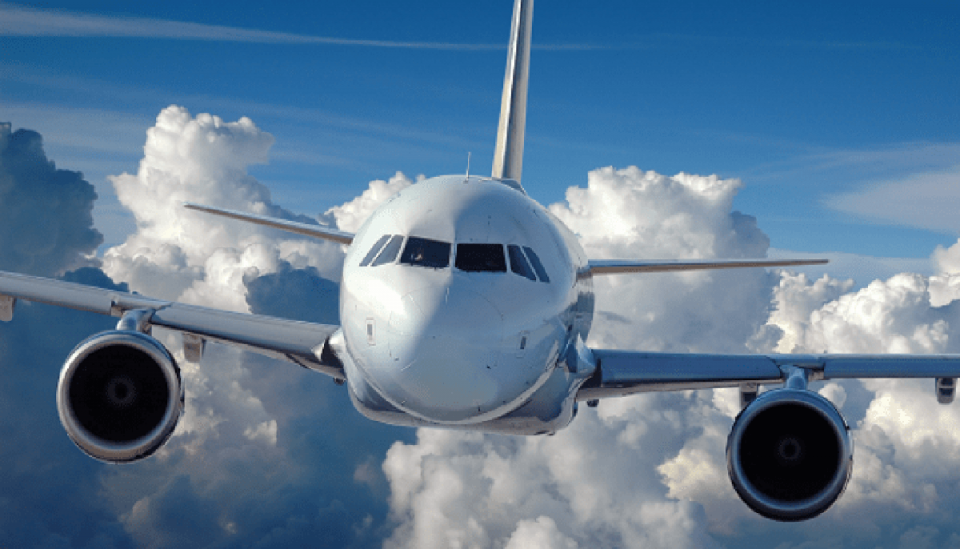Local airlines have denied being beneficiaries of Federal Government-subsidised aviation fuel regime, saying operators still buy at the open market price average of N800/litre.
In reaction to claims that special intervention has brought aviation fuel to N600/litre, the airlines said they had steadily weathered the storm without government’s much-vaunted support coming their way.
Recall that the House of Representatives, Ministry of Aviation, Central Bank of Nigeria (CBN) and the Nigerian National Petroleum Company Limited (NNPCL), among others, lately worked out a plan to support local operators with subsidised aviation fuel, to assuage the high operating cost and threats of a shut down by the local airlines.
But the operators, yesterday, said nothing has changed as airlines continue to battle the high cost of aviation fuel, foreign exchange liquidity crisis and high cost of operations.
Chief Operating Officer (COO) of United Nigeria Airline (UNA), Osita Okonkwo, hinted that aviation fuel currently sells at N765/litre and as much as N879/litre in the Northern parts of the country.
Okonkwo, whose airline just commemorated the second anniversary, said they came into operation when Jet A1 was less than N200/litre. But in about a year, it has climbed to N500/litre and subsequently N800-plus.
Besides fuel challenges, the foreign exchange has been a challenge given that 99 per cent of inputs in the industry is foreign exchange-based. He said: “We suffered a double-jeopardy in the area of forex. One is that of access to forex and second is availability and its cost (on the parallel market). The cost moved from N400-plus to N900/$, if you are not lucky to get from the Central Bank of Nigeria (CBN). Currently, CBN meets only 20 to 30 per cent of our needs and that takes time despite you having Aircraft on Ground (AOG) and urgently needs spare parts from abroad. It has really been difficult. Put together, what we have seen is the escalating rate of the operational cost,” Okonkwo said.
The spike in the cost of fuel and operations had also spiked airfares with airlines raising N35, 000 economy flights by 100 to 200 per cent.
“But, what we have also seen due to the economic situation in the country is that people are not flying at N70, 000. So, airlines have also reacted despite what people are saying that we are colluding to fix prices. Now, you can get tickets of N40,000 to N50,000. But I can assure you that investors are underwriting those costs because there is no airline that flies at N40,000 and still remains in business.
“That the Nigerian operators have survived the fuel crisis is again a testament to promoters and investors who continue to pump in their own capital to keep the airlines flying. There is nothing magical about the fares outside of that. Many airlines outside of Nigeria actually closed shop and many got huge handouts from the government to keep afloat, but we are not so lucky in this part of the world,” he said.
Okonkwo added that UNA built its business model around a long-haul plan and it has helped the airline to keep going, tackling all challenges on the way. He, however, advocated a special intervention fund, as is the norm in other parts of the world, coupled with well-capitalised aircraft leasing companies to serve local operators at affordable rates.




